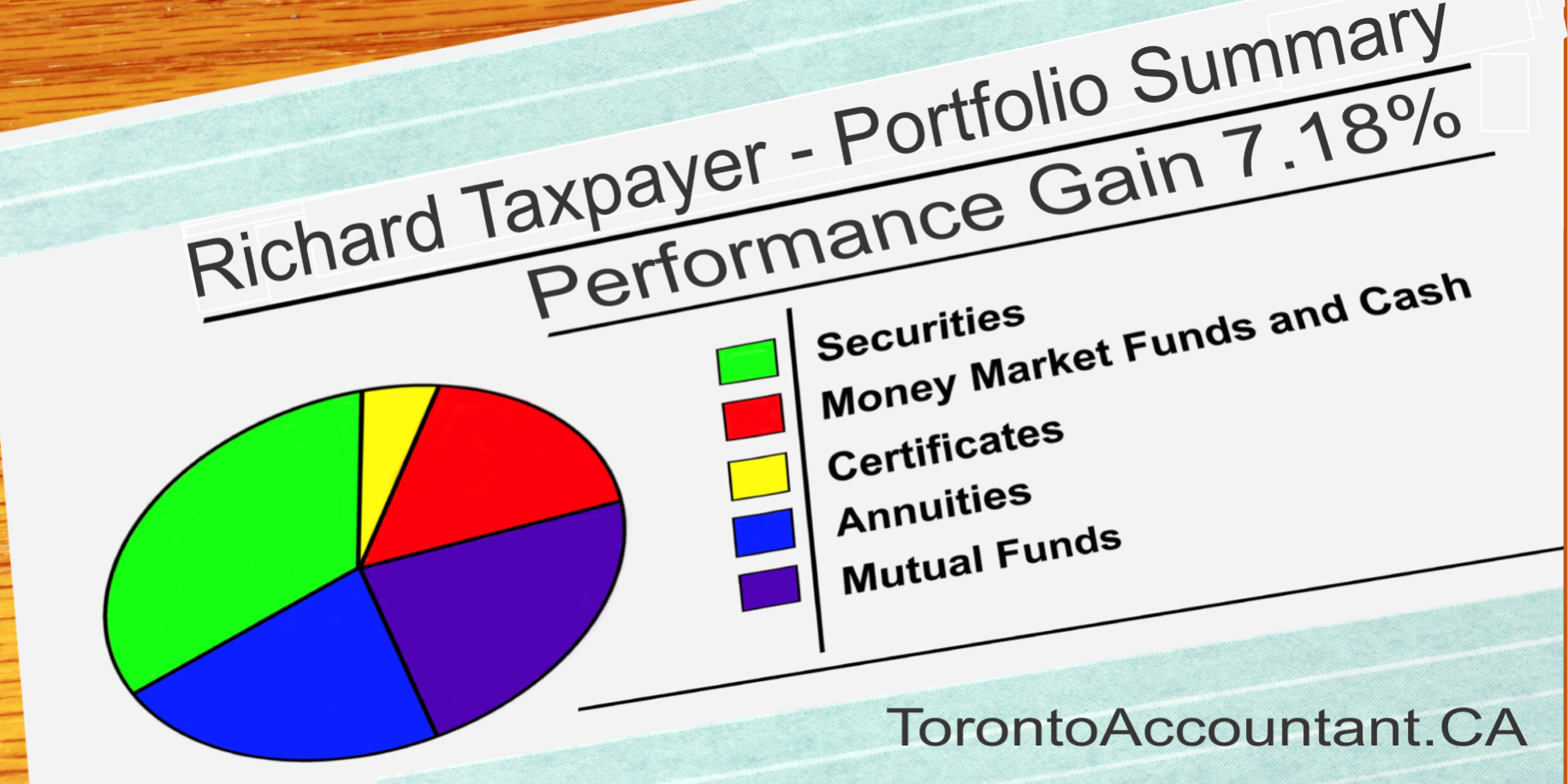So many people are sick of paying high taxes that they have gotten to a point where they are no longer enthusiastic about investing. They ask themselves why bother when the government is only going to take it off them anyway. They don’t want the hassles of tying up their hard earned money or running a risk of losing it when the returns on their investments is going to be so low.
Smart investing nowadays means knowing what the return on your investments is going to be after taxes.
The first thing you want to look at is the investments that you have. If you are investing in RRSPs, TFSAs, or RRIFs, then you know you don’t need to worry about the tax implications. These are tax sheltered. At the same time the returns that you are going to realize on them may not be enough for what you want. Perhaps you have invested in your home and your plan is that when you are ready to retire you can sell your paid off home and have a nice sum of money for your future senior years. What you may not realize is how much of this is going to go to the tax department. You have to know what the bottom line of your investments is going to be.
Most average individuals that are looking to invest have got to rely on experts. However, these experts can differ in their advice. What you want to do is shop around and interview a few investment advisors to see what advice they offer. In order for this to be of any value then you really need to understand the concept behind what is being told to you. This means you need to educate yourself about investing. Otherwise you are investing on blind faith. This is not a risk that you want to take.
You need to know what the tax rates are and how these could affect your investments. The top tax rates for Ontario is applicable to income over $220,000. Anything about this is taxed at 49.5%, with capital gains on this being at 24.8%. and dividends usually at 33.8%, but could be up to 49.5%. With rates like these is it any wonder that so many people are skeptical about investing?
The first step to finding an investment advisor is to make sure that they are keen on looking at the potential tax implications when it comes to anything they are suggesting. This way you are going to be more aware of what your actual investment is likely to yield you.







